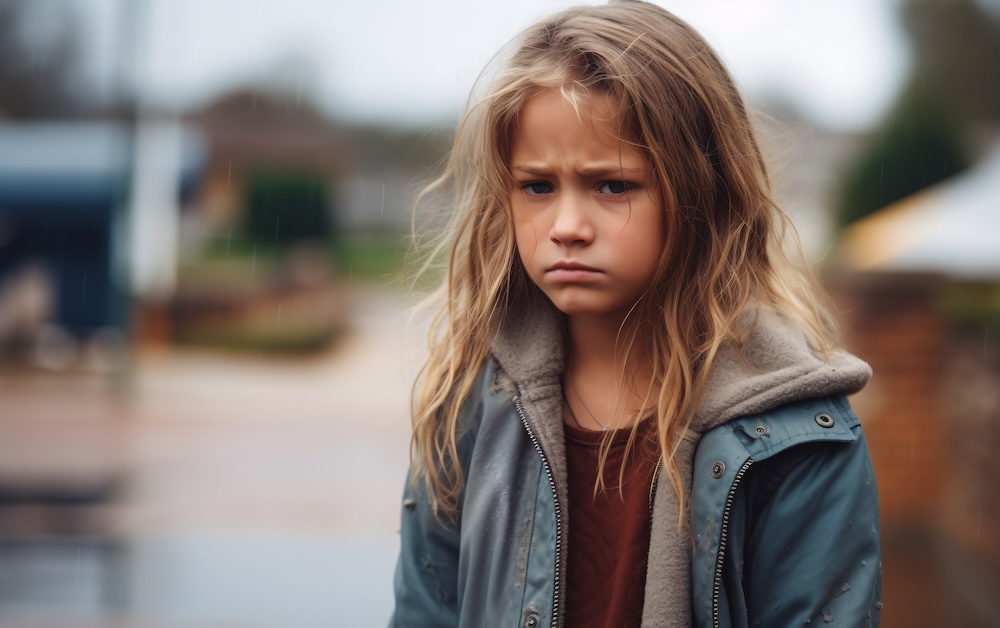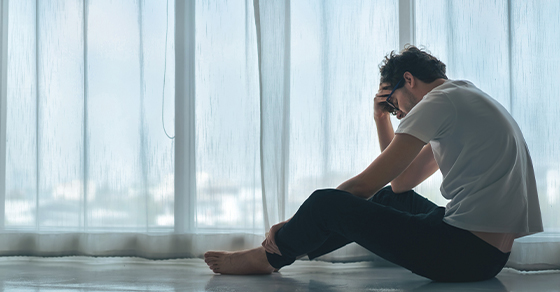
The Silent Weight You Carry Into Adulthood
When you grow up with a parent who struggles with addiction, it shapes you in ways that few people on the outside really understand.
You learn how to hide. How to adapt. How to survive chaos while pretending everything is fine.
But deep down, the effects of that upbringing don’t just fade once you leave the house. They stay with you—shaping your relationships, your self-worth, your trust in the world.
And if you’ve lived it, you know: it’s exhausting carrying a story no one else can see.
What It’s Really Like Growing Up with an Addicted Parent
Everyone’s experience is different. Some lived with rage, violence, or neglect. Others faced emotional absence—a parent who was physically there but mentally checked out.
Still, there are patterns that many adult children of addicts recognize immediately:
1. Constant Uncertainty
You never knew which version of your parent you’d get—the loving one, the angry one, the absent one.
That unpredictability wires your brain for survival, not trust. It’s like you’re constantly in a state of flight or fight.
You grow up scanning every room, reading every tone of voice, trying to stay two steps ahead of disaster.
2. Responsibility Too Soon
Many children of addicts become “parentified” early.
You take care of younger siblings. You cover for missed bills or missed school events.
You grow up fast—and later, you realize you never really got to be a kid at all.
In psychology, the concept of child-parent is well known: when no one really pays attention to the child’s feelings. The child must be an adult, mature, and care about the feelings of his caregivers.
3. Shame and Secrets
Addiction carries stigma, and as a child, you learn quickly: don’t tell.
You build walls around your family’s problems. You lie for them. You protect their reputation at the cost of your own emotional safety.
That shame sticks around long after you realize none of it was your fault.
The Lasting Impact Into Adulthood
Just because you grew up doesn’t mean the story ended.
Leaving the house didn’t erase the patterns you learned or the survival instincts you built. The chaos might be behind you, but the effects often live on.
It stays in how you trust people, how you handle conflict, how you see yourself.
Healing those old wounds takes time, honesty, and a kind of strength you probably don’t even realize you already have.
Adult children of addicts often deal with:
-
Trust issues in relationships
-
Fear of abandonment
-
Feeling overly responsible for others’ emotions
-
Struggles with setting boundaries
-
Anxiety, depression, or their own struggles with substance use
These patterns aren’t weaknesses.
They’re survival skills you picked up when you had no choice.
But now, they might be hurting more than helping.
It’s Not Your Fault
You didn’t cause your parent’s addiction. You couldn’t control it, no matter how good, quiet, helpful, or perfect you tried to be. And you definitely couldn’t cure it.
If no one has ever said it to you clearly, here’s the truth: you were a child. It wasn’t your job to fix an adult’s pain.
Now that you’re grown, you have the right to unlearn the survival patterns that kept you afloat and build healthier ways to live and love.
At Metamorphosis, we understand how deep these wounds go. Healing isn’t just about moving on. It’s about finally giving yourself the safety and support you deserved all along.
How to Start Healing If You Grew Up Around Addiction
Healing from a childhood shaped by addiction isn’t about blaming your parents forever.
It’s about reclaiming the parts of yourself that got buried in the chaos.
Here’s what helps:
1. Learn About Trauma
Understanding how childhood trauma shapes adult life is powerful.
Addiction often creates an environment of complex trauma—repeated exposure to stress without stability.
Learning about trauma helps you make sense of the patterns you struggle with today.
2. Talk to Someone Who Gets It
You don’t have to explain why you hate conflict, why you people-please, or why you sometimes feel like you’re always on high alert.
Therapists trained in trauma and addiction recovery already know these patterns—and they can help you untangle them.
If you’ve been thinking about seeking help for your own addiction, you might also want to explore how personalized addiction treatment can be tailored to your unique background and needs.
3. Set Boundaries (And Don’t Feel Guilty About It)
Boundaries are hard when you grew up feeling responsible for everyone else’s happiness.
But boundaries aren’t selfish. They’re survival.
Learning to say no—to unhealthy relationships, to rescuing others at your expense, to tolerating mistreatment—is a huge part of your healing.
Final Thought: You’re Allowed to Choose a Different Ending
Growing up around addiction wasn’t your choice. But how you move forward can be.
You are not broken. You are not doomed to repeat the past.
You are allowed to build a life based on trust, peace, and real connection.
It’s not easy work, but it’s possible.
And you are absolutely worth it.
If you’re ready to talk about your next steps, reach out to our team today. Healing doesn’t happen overnight—but it does happen, one honest step at a time.
Key Takeaways:
-
Children of addicted parents often face instability, early responsibility, and hidden shame.
-
The effects of growing up with addiction often carry into adult relationships and mental health.
-
Healing begins by understanding trauma, setting boundaries, and finding the right support.
-
You didn’t cause, control, or cure your parent’s addiction—it was never your responsibility.
-
Choosing to heal is choosing a different ending to a story you didn’t write.





